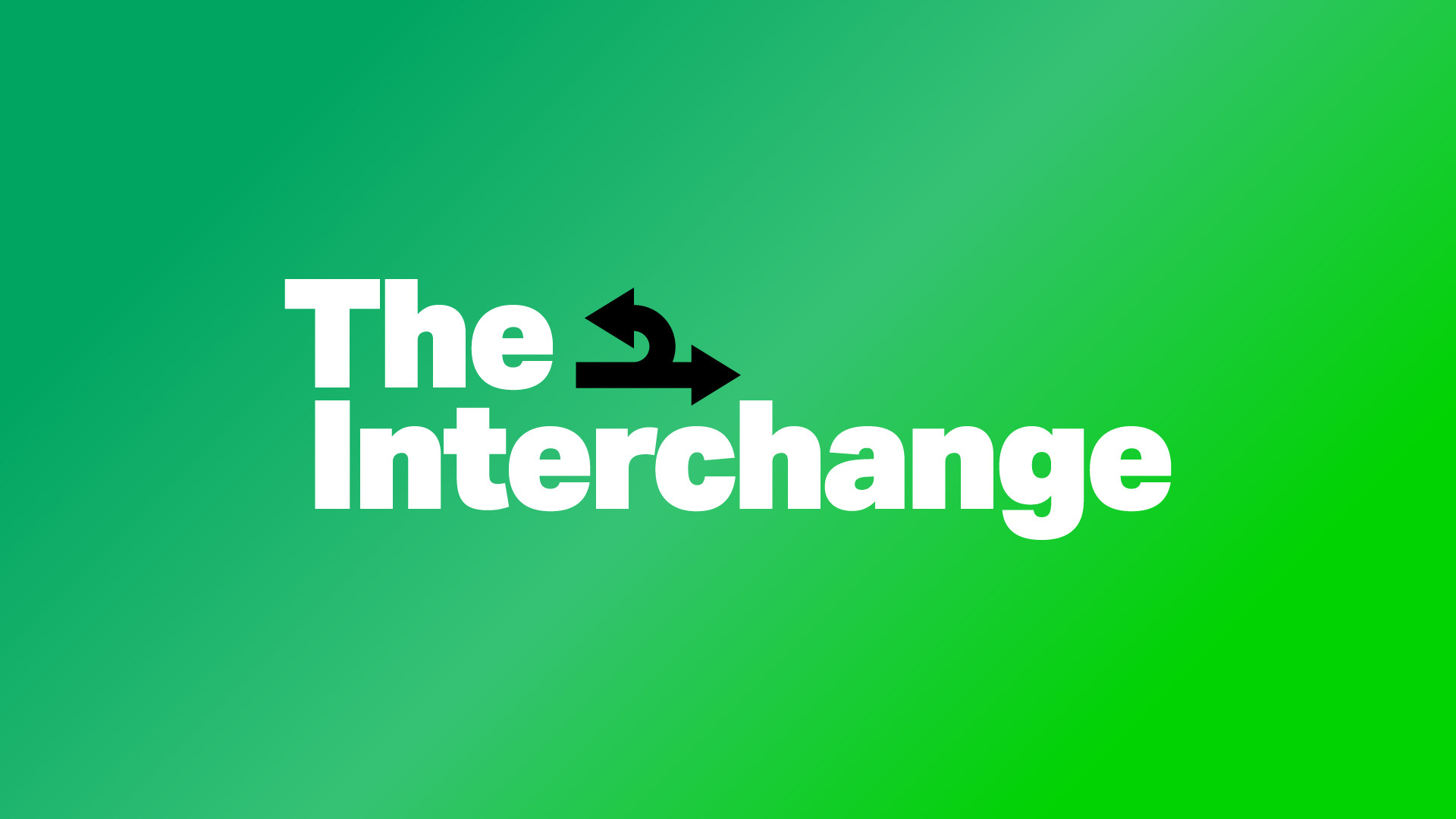[ad_1]
Welcome back to The Interchange, where we take a look at the hottest fintech news of the previous week. If you want to receive The Interchange directly in your inbox every Sunday, head here to sign up! Due to the U.S. holiday, this is an abbreviated edition.
Buy now, pay later comeback
Both Klarna and Affirm — known primarily for their buy now, pay later businesses — revealed their quarterly results this week. And they did not disappoint.
Affirm reported that its fiscal first-quarter revenue grew 37% year over year to $497 million as gross merchandise volume increased 28% to $5.6 billion during the same period. And its stock got a big boost as a result, climbing as high as $27.16 on November 9. It lost some of those gains on November 10, though, and was trading just over $22 that afternoon.
Meanwhile, Klarna reported revenue of 6 billion Krona ($549.9 million), up about 30% from 4.6 billion Krona ($421.6 million) in the third quarter of 2022. The company also reported an operating result of 130 million Krona ($11.9 million), a massive improvement on the 2.12 billion Krona ($192.6 million) loss a year ago. (All currency conversions use current SEK-USD values.)
Both companies reported less delinquencies, meaning that they lost less money on people who did not make payments. It’s good news for both companies, and the space itself.
Speaking of Klarna, Alex and I teamed up to report on Klarna’s confirmation that it was moving toward an initial public offering. We went into what will happen next, and what could happen if IPOs are successful methods of raising capital again. Read more.
Weekly News
Reporter Annie Njanja has been keeping up with Flutterwave for over a year now since the African fintech company was accused by the Kenyan government of allegedly engaging in money laundering and fraud. This week, we got an update that the company is now off the hook after a court ruled that the country’s Asset Recovery Agency could withdraw its case against Flutterwave. Annie breaks it all down for you.
Mary Ann and Alex Wilhelm devoted some Equity time discussing encouraging signs they were seeing within the fintech industry. They touched on some mega-rounds, which we haven’t seen in a while. The pair also discussed Klarna’s solid third-quarter results, of which we spotted Simon Taylor’s take on X.
And now speaking of earnings, Klarna and Affirm were not the only ones with good news in the third quarter:
- Dave’s third-quarter net loss improved 47% quarter over quarter, while monthly transacting members increased 6% to 1.9 million.
- Flywire’s third-quarter revenue increased 29.5% year over year, with CEO Mike Massaro saying in a statement that the company “generated our highest quarter of revenue and adjusted EBITDA, ever.”
- Payoneer reported record revenue of $208 million for the quarter and experienced 5% active ideal customer profiles growth year over year.
- Over at Robinhood, the investment company reported total net revenue increased 29% year over year to $467 million as customer subscriptions grew to over 1.3 million, with 100,000 added just in the third quarter.
Meanwhile, good credit is not easy to come by, which is why some fintech companies have focused on setting children and teenagers up to succeed in this area. For example, in August, Greenlight launched its Greenlight Family Cash Mastercard. Now Step has one. CEO CJ MacDonald tweeted late last week that the company launched Step Black, a rewards card for the Gen Z set to build credit without debt. Via email, MacDonald touted that the card is the “world’s first secured Visa Signature rewards card” and amassed a waitlist of over 100,000 in the past two months. It is a 17-gram metal card with features like no minimum credit limit, $500 in annual perks and up to 8x cash back. You may remember that Step announced in May a 5% interest rate on its savings account, and Step Black holders will also get that rate up to $1 million FDIC-insured. — Christine
Other items we are reading:
CFPB proposes oversight of Big Tech digital wallets
Banks look to fintechs to stave off threat from Big Tech
Arc debuts international treasury product
Visa launches global AI advisory practice focused on generative systems
Belvo introduces bank debit service for Mexican businesses
Bluevine rolls out high-yield interest rate for SMBs
PayByPhone has been acquired by Fleetcor, and it was acquired by Volkswagen in 2016.
Funding and M&A
As seen on TechCrunch
Enable, a platform for managing B2B rebates, is now worth $1B
Volante raises $66M for payments tech for banks and other legacy financial businesses
mogul club raises $3.6M toward its effort to make real estate investing more accessible
Seen elsewhere
Holdings denies report on deal to acquire Melio
Andreessen Horowitz co-leads $60 Million AI fintech investment
Valor Capital eyes $500M for two new funds
Singapore-based fintech LXA lands $10M in latest funding round

Image Credits: Bryce Durbin
[ad_2]
techcrunch.com




